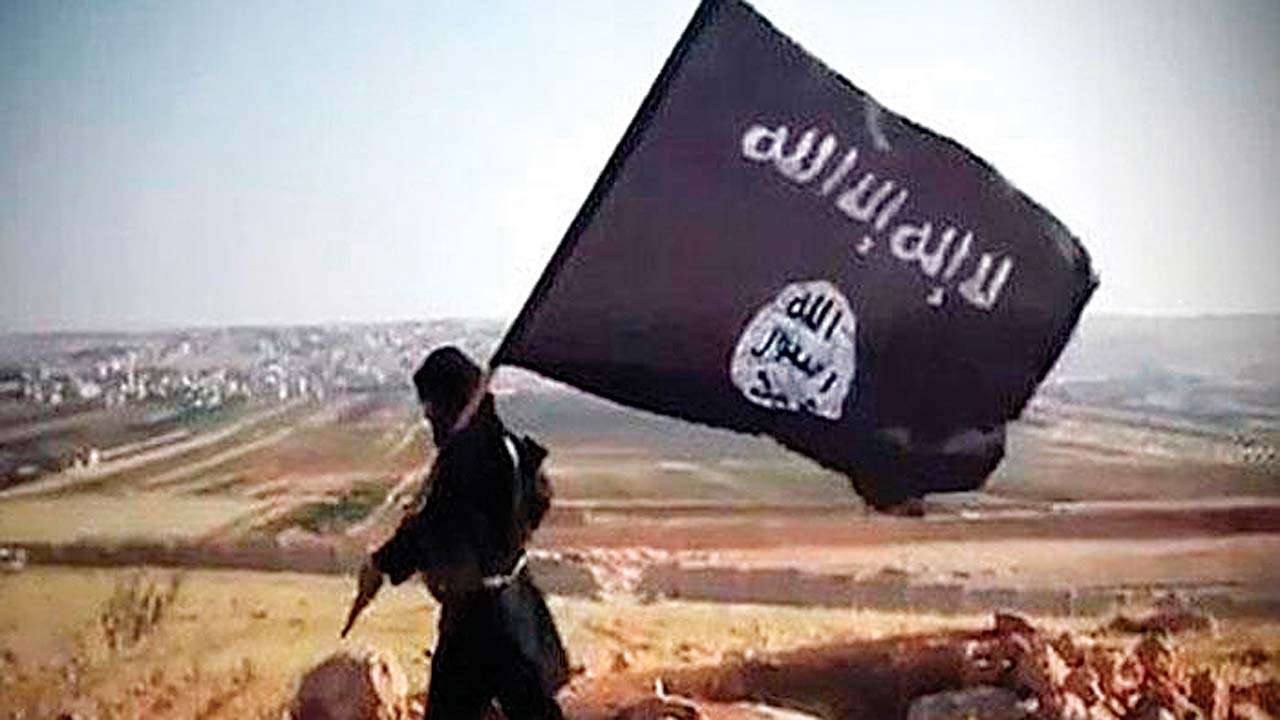
The National Investigation Agency (NIA) court in Kochi has recently awarded seven years’ ‘rigorous imprisonment’ to an individual for helping 15 youths of Kerala to slip out of India and join the extremist outfit Islamic State (IS). The government, on December 20 last year, had informed the Rajya Sabha that 103 Islamic State terror group operators have been arrested in the country so far. In addition, around 100 radicalised Indians joined the forces of the IS in Syria and Iraq during the armed violence that started in 2011. Of these, around 50 left India after 2014, while the rest went from the Gulf countries, where they were employed. The number of Indians joining the IS may not be significant, considering that some 40,000 foreigners have done so since the conflict began.
Individuals involved in armed violence outside their habitual country of residence are called ‘foreign fighters’. The distinguishing features of foreign fighters are: (I) they are not overtly State-sponsored; (ii) they operate in countries which are not their own; (iii) they use insurgent tactics to achieve their ends; (iv) their principal objective is to overthrow a single government/occupier within a given territory; and (v) their principal motivation is ideological rather than material reward.
An unprecedented influx of foreign fighters to the IS has been worrisome for several countries as it is feared that these fighters would be a major terrorist threat after returning to their state of nationality or habitual residence. With their experience in handling weapons and explosives they may carry out terrorist acts on their return, or may set up terrorist cells, recruit members or provide funds for terrorist acts or movements. This threat is commonly known as ‘blowback’.
The involvement of foreign fighters has raised the question of their status under international humanitarian law (IHL). IHL distinguishes between two types of armed conflict—international armed conflict (IAC) and non-international armed conflict (NIAC). Most foreign fighters are active in NIACs and only in rare cases are they involved in IACs. IHL does not directly define the term ‘combatant’, beyond recognising that combatant status confers the ‘right’ to participate directly in hostilities. Combatants, when captured, are entitled to prisoner of war status under the third Geneva Convention and 1977 Additional Protocol I applicable in IACs. There are no combatants in NIACs, which implies that foreign fighters may be punished for taking up arms under the national laws.
In 2014, the UN Security Council adopted two resolutions (2170 and 2178) that require states to take measures against ‘foreign terrorist fighters’. Resolution 2170 condemns the terrorist acts of the IS and imposes two main duties on states: (i) to prevent the international movement of foreign fighters; and (ii) to prosecute foreign fighters for acts committed abroad. Resolution 2178 stipulates that states shall suppress and prevent the recruitment, organisation, transport and equipment of such ‘foreign terrorist fighters in accordance with their obligations under international law’. To do so, states are requested to adopt legislation to prosecute their nationals who travel abroad to participate in terrorist acts or terrorist training. However, a definition of the term ‘terrorism’ has not been provided.
A study for the United Nations Office of Counter-Terrorism found that most foreign fighters in Syria/Iraq lack a basic understanding of Islam. Also, most individuals who attempted to join terror outfits but were stopped by their government came from large, dysfunctional families in the deprived parts of cities, where they were isolated from mainstream social, economic and political activity.
Economic incentives rather than religious belief seem to have played a greater role in their motivation. IS propaganda videos, showing smiling militants engaging in activities like bee-keeping and farming attracted young men who felt they had few prospects at home, especially when combined with perceived grievances and a wish to protect Sunni Muslims in areas of Syria targeted by the government.
The Indian government has not passed any laws preventing or restricting the nationals to travel overseas to join foreign terrorist or other militant organisations. The Unlawful Activities (Prevention) Act, 1967, which deals with terrorist activities, punishes such activities in India or any foreign country and also criminalizes funding and membership of and support to designated terrorist organisations. Further, the Indian Penal Code mentions certain offences against the State that include ‘waging war against any Asiatic Power’ in alliance or at peace with the Government of India and ‘committing depredation on territories of Power at peace with the Government of India’. The NIA court had found the accused guilty of waging war against the country. The Passports Act, 1967 also allows the government to refuse to issue or revoke a passport or travel documents in the interests of the sovereignty, integrity or security of India.
In the case of India, those arrested in the country or on returning from Syria/Iraq pose a serious threat to national security. Security agencies must keep a close watch on such individuals and their sponsors and associates.
The author is a retired Wing Commander. The views are personal